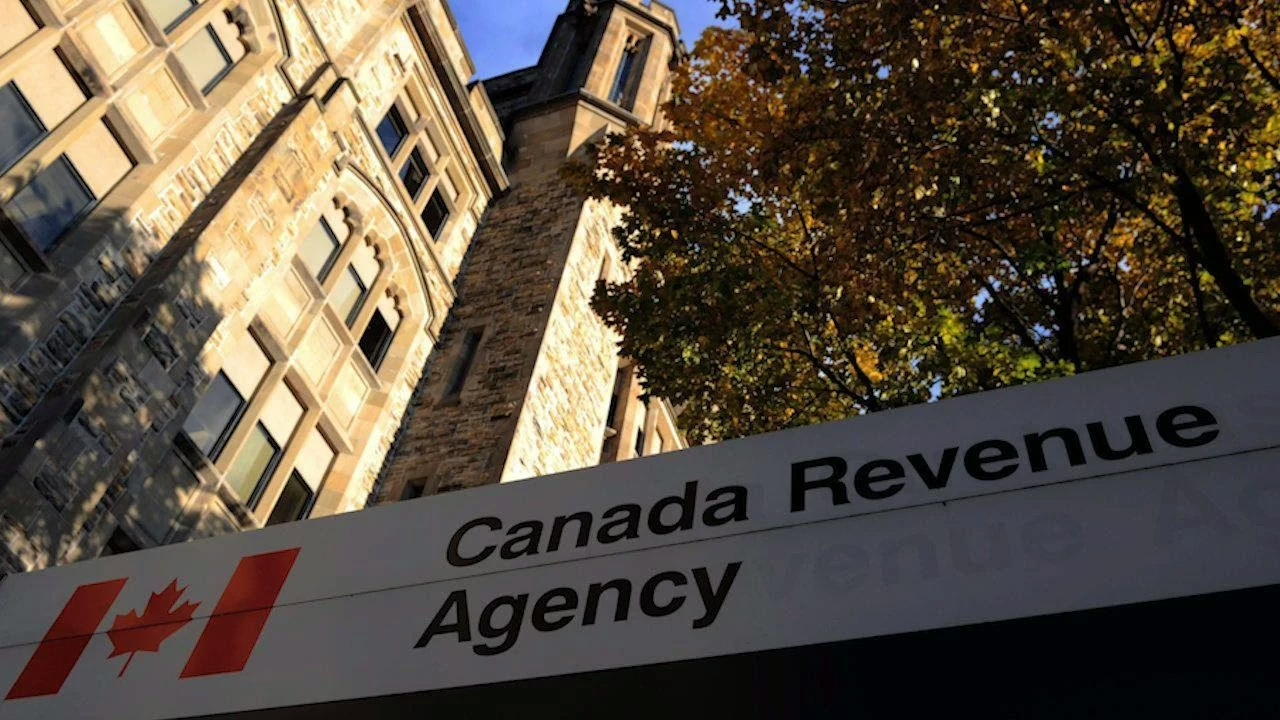Being a freelancer or Gig worker in Canada and handling all the taxes alone can be overwhelming. The main issue arises when you lack the nitty-gritty of taxes. As we approach 2025, freelancers and gig workers need to get the right information and strategies for dealing with Canadian taxes.
Whether you have been freelancing for a long time or are just starting out, knowing how to take deductions, manage your money, and plan ahead can improve your finances.
This blog post will discuss some must-know tax and finance tips for 2025, designed for freelancers and gig workers in Canada. We will discuss how to maximize tax credits, save more, and keep everything above board while keeping more of that hard-earned cash in your wallet.
Let’s discuss how you can take control of your money and plan for a great year!
How do Freelance Taxes in Canada Work?
Freelancers in Canada work for themselves, which means they have to report all their earnings to the Canada Revenue Agency (CRA) and handle their own taxes. They do this by filling out a T1 General Tax Return and the T2125 form for their business income. Unlike regular employees, freelancers don’t have taxes taken out of their paychecks, so they need to set aside money for tax time. If they earn more than $30,000 a year, they have to register for GST/HST, include it in their invoices, and send that amount to the CRA.
Freelancers can lower their taxable income by claiming business expenses like home office expenses, equipment costs, marketing, and professional fees. The CRA might ask for quarterly payments if they owe more than $3,000 in taxes (or $1,800 in Quebec). They also need to contribute to the Canada Pension Plan (CPP), which costs more for self-employed folks. Tax returns are due by June 15, but any taxes owed need to be paid by April 30 to avoid penalties. Keeping good records and planning ahead helps freelancers stay on track and make the most of their deductions.
10 Helpful Tax and Finance Tips for Freelancers and Gig Workers in Canada
Freelancing and gig work are great for flexibility, but keeping track of taxes and finances can be tricky. Since there’s no employer handling tax withholdings, preparing early to dodge any surprises come tax time is essential. Here are ten tips for freelancers and gig workers in Canada to stay on top of their tax game and save money.
Report All Income to the CRA
No matter how much you make, you need to report all freelance income to the Canada Revenue Agency (CRA). Use the T1 General Tax Return to file your taxes and include the T2125 Statement of Business or Professional Activities form. If you don’t report your income, it’s considered tax evasion, and you could face penalties.
Track Your Income and Expenses Year-Round
Make sure you track all the cash coming in and going out for your business. You can use something like QuickBooks, or even just a basic spreadsheet. If you keep good records all year, you can actually claim deductions, and you won’t be scrambling when it’s tax time.
Deduct Eligible Business Expenses
Freelancers can pay less tax by claiming deductions for business expenses. You can write off home office expenses, office supplies, Garden trees, internet bills, advertising costs, software, professional fees, and work travel. Save all your receipts because the CRA might ask for proof of your spending.
Set Aside Money for Taxes
Since your earnings don’t have taxes taken out by an employer, it’s smart to put away 20-30% of your income for taxes. This way, you won’t feel the pinch when tax season hits. Think about opening a separate savings account just for your tax money.
Register for GST/HST If You Earn Over $30,000
If your freelance income goes over $30,000 in a year, you need to sign up for Goods and Services Tax (GST) or Harmonized Sales Tax (HST). After you register, you’ll have to charge your clients the applicable tax and send that money to the CRA. But don’t forget, you can also claim Input Tax Credits (ITCs) for the GST/HST you paid on your business expenses.
Make Quarterly Tax Payments if Needed
If you owe more than $3,000 in federal taxes (or $1,800 in Quebec), the CRA might ask you to make quarterly payments. This helps lighten the load throughout the year instead of facing a hefty bill when tax season rolls around.
Contribute to the Canada Pension Plan (CPP)
Okay, so if you work for yourself in Canada, you need to pay the Canada Pension Plan (CPP). Since you’re both the boss and the worker, you cover both shares of the payment. It works out to be 11.90% of your income after the first $3,500, but there’s a maximum amount. It’s worth doing since it helps you out when you retire.
Think About Incorporation for Tax Perks
If you make a decent amount of money, starting a corporation could help reduce your tax rate. Corporations often face lower taxes than individuals, and you might also benefit from things like deferring taxes and splitting income. It’s a smart move to chat with a tax expert to see if incorporating is right for you.
Invest in an RRSP and TFSA
Since freelancers don’t get company retirement plans, putting money in an RRSP is a good idea. It can lower your taxable income and help you save up for later! A TFSA is also a great choice because your investments grow without being taxed. It works well if you’re saving for the short or long term.
Consult an Expert
At Tax Headaches, we focus on taxes for freelancers and gig workers, helping you avoid the stress of compliance and deductions. If your tax situation is complicated or you have multiple income sources, we’re here to sort it out. Our expert team makes sure you meet all requirements, get the deductions you need, and find ways to lessen your tax burden, so you can concentrate on growing your freelance business.
Why Accurate Tax Filing Matters
Filing your taxes the right way isn’t just about staying in line with the law—it can actually benefit your wallet over time. When you correctly report all your income, you may qualify for some useful credits to help your savings grow. Here are a few reasons why being accurate is important:
Get the Most from Your Benefits
You are putting money back in your pocket when you claim your GST/HST refunds. Reporting your income correctly means you can benefit from programs like the Canada Child Benefit, which helps families financially.
Build Your Retirement Savings
Your RRSP (Registered Retirement Savings Plan) contribution limits are increased when you declare your income. This can lower your taxable income and help you save for the future.
Stay Compliant Internationally
If you work with clients overseas, sticking to OECD tax rules can help you pay your taxes correctly, no matter where you are. This means you won’t get fined and your foreign business contacts will see you as reliable. Keeping up with the latest info is super important for keeping your freelance finances in order.
What Are the Penalties for Not Reporting Gig Income
Not reporting gig income in Canada can lead to serious financial and legal problems. The Canada Revenue Agency (CRA) sees unreported income as tax evasion, which can result in penalties, interest charges, and audits. If the CRA finds out you’ve missed reporting some earnings, you could face a 10% penalty on that amount for a first-time offence. If it happens again, that penalty jumps to 50% of what you owe. Plus, interest builds up on unpaid taxes, increasing your total bill.
Conclusion
Handling taxes and finances as a freelancer or gig worker in Canada can feel daunting, but it doesn’t have to be. With some simple strategies, you can keep things in check and maximize your earnings. Keeping good records, knowing what you can deduct, and setting money aside for taxes helps avoid nasty surprises. Whether you need to register for GST/HST, pay quarterly taxes, or save for retirement, planning makes a big difference for your financial future.






